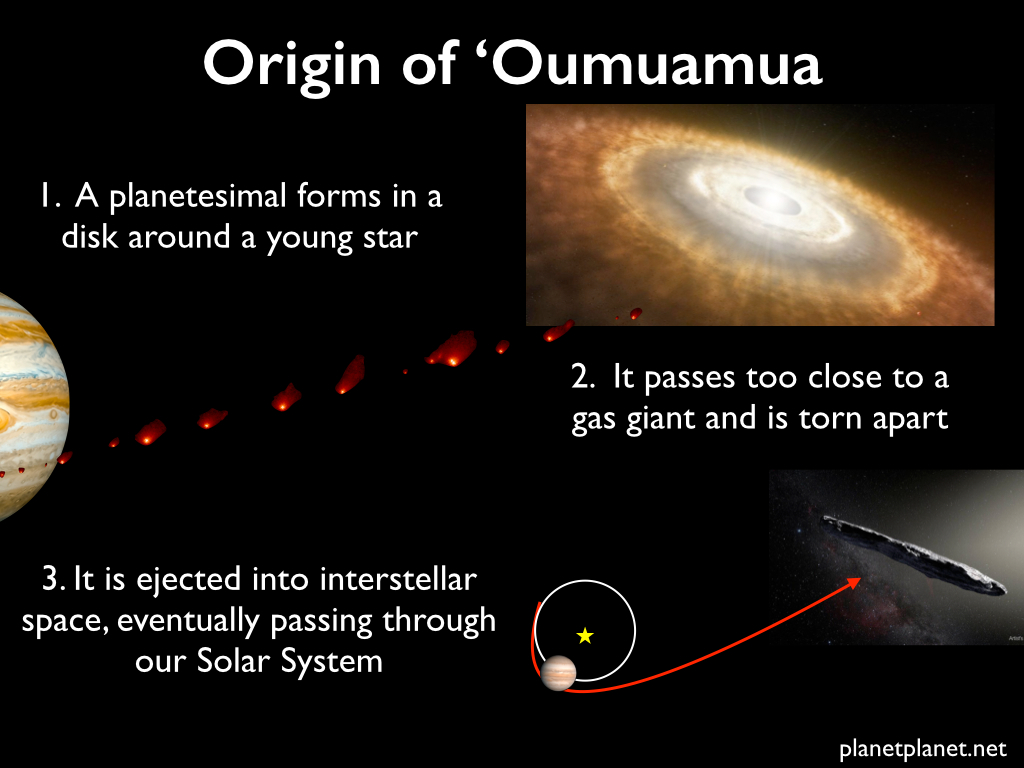
Aliens: First Interstellar Space Shift finally leaves the Solar System. Oumuamua was the first known interstellar visitor to pass through the Solar System. Since Space Explored first began reporting on ‘Oumuamua, the quarter-mile-long object passed beyond Pluto’s orbit and is now on its way out of the outer Solar System.
Reports from Harvard’s Smithsonian Center for Astrophysics made waves in the mainstream media after publishing a paper claiming that ‘Oumuamua may have had an “artificial origin” — Presenting speculation that the object could have been sent “intentionally to Earth vicinity by an alien civilization.”
This theory is based on the object’s “excess acceleration,” or its unexpected boost in speed separate from the Sun’s gravitational influence. This still stumps researchers today.
We haven’t learned much about the interstellar object since its discovery in 2017. One thing is for certain, though; it’s traveling fast, blistering fast.

In fact, when ‘Oumuamua was closest to Earth, it was tumbling through the inner Solar System at 196,000 miles per hour (87.3 kilometers per second), according to NASA.
That is over 3 times faster than the average speed of a main-belt asteroid and 109 times fast than the average speed of a bullet, however, only .017 percent the speed of light. In case you were wondering.
Despite this, almost 5 years later, ‘Oumuamua is just now leaving the outer Solar System. It’s currently cruising just pasted Pluto, covering a distance of over 2,832,000 miles (4,557,662 km) every 24 hours. It won’t completely be out in interstellar space for another 2 years.
The quick slingshot from ‘Oumuamua around the Sun in 2017 made observing and classifying the object difficult.
To this day, we’ve yet to classify ‘Oumuamua officially. This is in part because we honestly have no idea. At first, we thought it was an asteroid—a large chunk of rock from a distant star system.
Then we thought it was a comet—a cosmic iceberg flung loose from somewhere in the great unknown.
Now scientists and researchers are stumped. Only left to speculate, with little data, what the cosmic visitor was as it gets further and further from view.

Related


